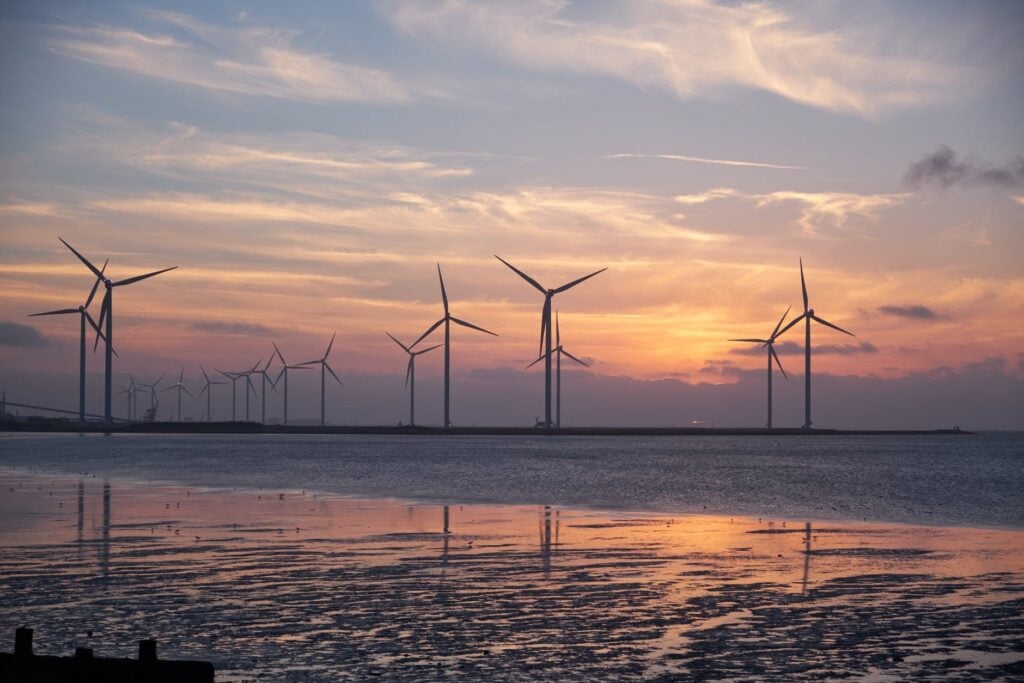While COVID-19 looks set to hurt renewable growth in the short term, it will not halt it according to a new report by the International Energy Agency (IEA).
In the agency’s Renewable Market Update report, it shows that globally there will be 167GW of renewable power capacity added in 2020, a 13% drop from 2019.
Along with financial challenges, this decline in renewable energy additions is due to delays in construction activity, supply chain disruptions, lockdown measures and social distancing guidelines.
However, it is likely to rebound in 2021 in particular given supportive policy frameworks that help to enshrine environmentalism – including a transition to greener energy – at the heart of them.
Dr Fatih Birol, executive director of the IEA, praised the resilience of renewable electricity as good news, but warned that it cannot be taken for granted.
“Countries are continuing to build new wind turbines and solar plants, but at a much slower pace. Even before the COVID-19 pandemic struck, the world needed to significantly accelerate the deployment of renewables to have a chance of meeting its energy and climate goals.
“Amid today’s extraordinary health and economic challenges, governments must not lose sight of the essential task of stepping up clean energy transitions to enable us to emerge from the crisis on a secure and sustainable path.”
Given 2019’s exceptional renewable energy growth, Europe looks set to have one of the steepest drops in capacity additions, losing a third. This is the largest annual decline the IEA has recorded since 1996.
In particular, residential solar is set to take longer than other renewables like offshore wind to rebound following the COVID-19 lockdown.
Since the implementation of lockdown in the UK on 23 March, the electricity sector has faced a number of challenges. Construction of projects has been affected, as have supply chains and work forces.
However, the renewables sectors has remained strong, helping the UK to keep coal off the grid for the longest period since the industrial revolution.
Already, there have been calls from the Committee on Climate Change to place the country’s net zero ambition at the heart of the coronavirus recovery process, to help support the transition to renewable energy, as well as create secure jobs and economic recovery.





